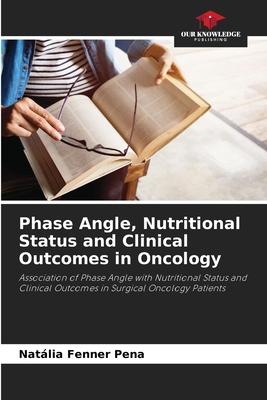Currently, different nutritional assessment tools are used in surgical oncology patients in clinical-hospital practice, which can result in different malnutrition prevalence rates. This can influence the interpretation of the association between nutritional status and adverse clinical outcomes in this population. Standardised Phase Angle (SFA) has aroused great interest in recent decades, as it is an objective, rapid and non-invasive method, obtained directly using Electrical Bioimpedance (EBI). This parameter derives from the relationship between reactance (resistive capacitance of cell membranes) and resistance (pure opposition of the biological conductor to the electric current), which body tissues offer to the passage of a low-intensity electric current. In general, low AFP values are associated with negative health outcomes in surgical oncology patients. It is therefore important to assess the association between AFP and nutritional status, provided by different tools, and to relate it to post-operative clinical outcomes in this population.
| FindBook |
|
有 1 項符合
Fenner Pena的圖書 |
 |
$ 2970 | Phase Angle, Nutritional Status and Clinical Outcomes in Oncology
作者:Fenner Pena 出版社:Our Knowledge Publishing 出版日期:2024-03-24 語言:英文 規格:平裝 / 72頁 / 22.86 x 15.24 x 0.43 cm / 普通級/ 初版  看圖書介紹 看圖書介紹
|
|
|
圖書介紹 - 資料來源:博客來 評分:
圖書名稱:Phase Angle, Nutritional Status and Clinical Outcomes in Oncology
|











